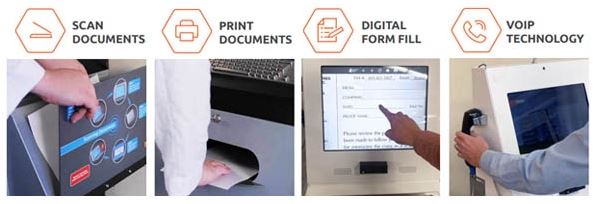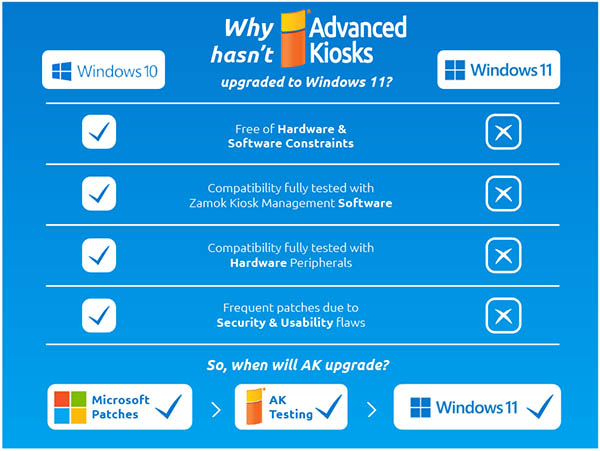Self Service Kiosk Market Research
Peer-reviewed Research Articles and Papers
It’s about the data. At Advanced Kiosks we started down a path years ago to do a consulting type of sale process where we advised our customers on everything from what kiosk model they should use and to how to get the results that they need. Our customers are now trying to do more with self-service technology and to give them the best advice, we are tuned in to current research around the world on Self-Service technology.
We have listed some of the articles that we have found of value here.
These papers have been instrumental in our ability to advise our customers and have inspired the development of features such as the Instructional Popup Window, and products such as the Aegis Desk. At the end of the day, it is about these systems actually being used successfully by customers so that they get a self-service experience that builds trust in your brand because it was done well.

Adolescent, parent, and provider perspectives on school-related influences of mental health in adolescents with suicide-related thoughts and behaviors
“Findings underscore the need for school-based approaches to address the unique academic, social, and emotional needs of students with suicide-related risk that complement the supports and services provided in their home and community.“

School Sport Participation During Adolescence and Mental Health in Early Adulthood
“School sport participation may protect against poor mental health in early adulthood. Policies to increase school sport participation may be warranted as part of public health strategies to promote mental health.“

School-Based Extracurricular Activity Involvement and Adolescent Self-Esteem: A Growth-Curve Analysis
“Prior research suggests that there is a positive relationship between an adolescent’s participation in structured extracurricular activities and well-being in a variety of domains…“

The use of kiosks to improve triage efficiency in the emergency department
“In recent decades, EDs have becoming increasingly overcrowded, leading to longer pre-triage waiting times for patients. E-triage interventions like kiosks have been proposed as a solution to overcrowding … Consequently, EDs should consider introducing kiosks to complement the current nurse-led triage process and thereby promote better patient outcomes.

USE OF ICT APPLICATIONS FOR SECONDARY SCHOOLS ADMINISTRATION
“… ICT in education has become the most effective factor in school improvement … This is not only for the purpose of teaching and learning, but also for administrative use.”

ICT FOR EDUCATIONAL MANAGEMENT
“Rapid growth in the field of education has made governance in academic sector a very complex task. The 21st century has witnessed tremendous advancements in technology which has led to far-reaching developments in the administrative system. Cost-effective technology combined with the flexibility in learning and administrative activities is essential to enhance efficiency.”
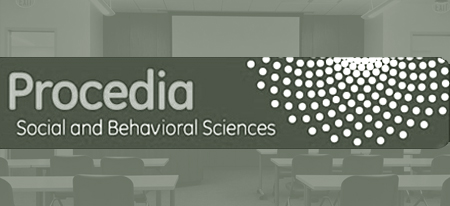
ICT APPLICATION FOR ADMINISTRATION AND MANAGEMENT: A CONCEPTUAL REVIEW
“In this paper, review of the literatures regarding applications of ICT, types of applications and their effectiveness for administrative activities in schools is presented. Result may shed light on administrators to improvise and increase the utilization of ICT in daily administrative tasks to make their work more efficient and effective.”

THE ROLE OF TECHNOLOGY IN IMPROVING K-12 SCHOOL SAFETY
The purpose of this study is to synthesize expert opinion about the key challenges associated with keeping schools safe, examine the available evidence on the technologies that schools use, and present experts’ views on the needs for and limits of current technological solutions and other safety practices.
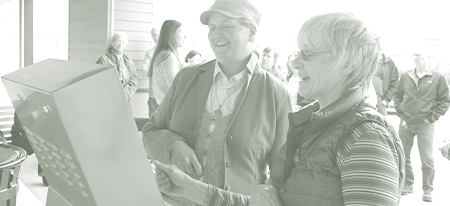
CUSTOMERS CAN DO BETTER! A CASE STUDY OF SELF-SERVICE KIOSK TECHNOLOGIES AT THE GERMAN FEDERAL EMPLOYMENT AGENCY
“Data quality is the highest (even higher compared to data entry by an employee) in case of an assisted data entry by the customer at a self-service terminal with agency employees providing help and answering questions.”
Klier, Julia; Klier, Mathias; Müller, Anna-Luisa; and Rauch, Christian, “Customers Can Do Better! A Case Study of Self-Service Kiosk Technologies at the German Federal Employment Agency” (2015). Wirtschaftsinformatik Proceedings 2015. 21.
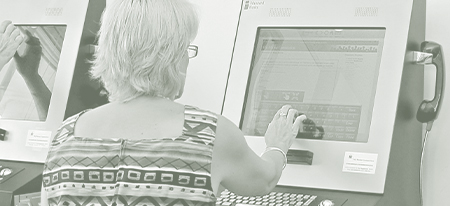
Enhancing the Usability of Self-service Kiosks for Older Adults: Effects of Using Privacy Partitions and Chairs
“Task completion time was significantly shorter while the average reaction time was longer when they were seated than standing. Sitting also reduced workload in multiple dimensions, including time pressure and frustration.”
Hyesun Chung – Department of Industrial Engineering, Seoul National University, Seoul, South Korea – Woojin Park
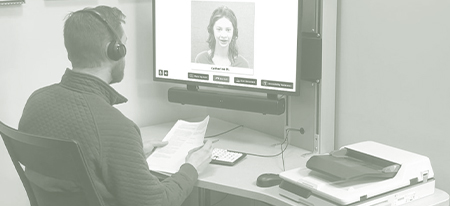
Effect of sitting or standing on touch screen performance and touch characteristics
“Effect of standing on performance and touch characteristics is greater at smaller button sizes (<20 mm). For participants with and without motor-control disabilities, standing led to more misses and greater exerted peak forces and impulses.”
Amrish O Chourasia, Douglas A Wiegmann, Karen B Chen, Curtis B Irwin, Mary E Sesto – Department of Orthopedics, Trace Center, University of Wisconsin-Madison, 2104 Engineering Centers Building, Madison, WI 53706, USA
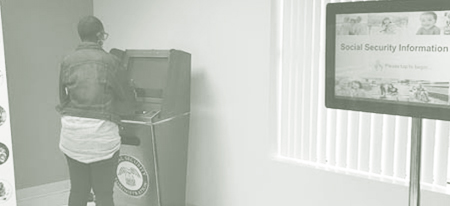
User Acceptance of E-Government Services
“Results indicate that effort expectancy has a significant influence on individual intention to use information kiosks, which means that the majority of users think information kiosks systems should be easy to use.”
Hung, Ying-Hsun; Wang, Yi-Shun; and Chou, Seng-Cho T., “User Acceptance of E-Government Services” (2007). PACIS 2007
Proceedings. 97.
http://aisel.aisnet.org/pacis2007/97
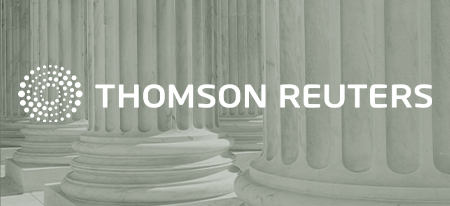
The Impacts of the Pandemic on State & Local Courts
“During the global pandemic, the US judicial system faced unprecedented challenges, quickly adapting to new health safety requirement and court closures while ensuring that litigants still had access to the court system.”

How Courts Embraced Technology, Met the Pandemic Challenge, and Revolutionized Their Operations
“What the changes mean for the millions of people who interact with the civil legal system each year—and what remains to be done.”

History of Court Processes, Programs, and Initiatives
“To support their day-to-day operations, Florida’s courts rely increasingly on information technology. “

Illinois Supreme Court Commission: Ensuring Meaningful Access to the Court
“The Illinois Supreme Court Commission on Access to Justice (ATJ Commission) presents this Strategic Plan to detail Principles, Initiatives, and activities for ensuring meaningful access to the courts for FY 2020-2023.”
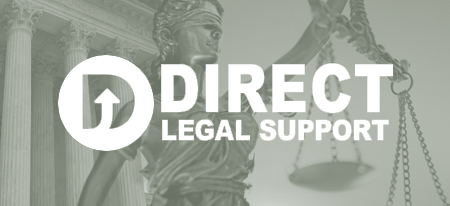
The Pros & Cons of E-Filing Legal Documents
“Throughout the past few years, several courts throughout the State of California and the U.S. have implemented e-filing rules to mainstream and reduce the paper filing of legal documents. Most attorneys have welcomed e-filing practices, but the public at large are still skeptical about the practicality of electronically filing documents with the court.“

State and Local Court Systems Adopt Videoconferencing to Save Time and Money
“In the 2,000 or so years since the satirist Lucian chided the wheels of justice for turning so slowly, judicial systems have struggled to accelerate … In the modern day, driving large judicial institutions forward requires informed technology investments and lean processes.”
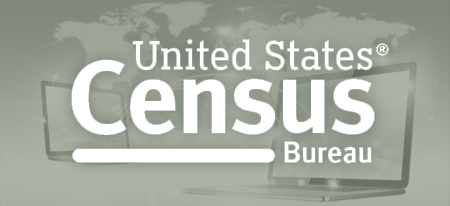
Computer and Internet Use in the United States: 2018
“Computer use has grown considerably over the past few decades. The percentage of households using the internet has also increased over time. The internet has impacted our work life as well by facilitating greater ability to work from home.“

Pandemic Spurs Technology Revolution in State Civil Courts
“With courthouses shuttered by COVID-19, civil legal systems in nearly every state moved quickly to adopt new tools to support online operation—a decisive response that enabled millions of Americans to access the courts and resolve legal issues despite the pandemic. But like any transformative change, this effort was not without its challenges.”

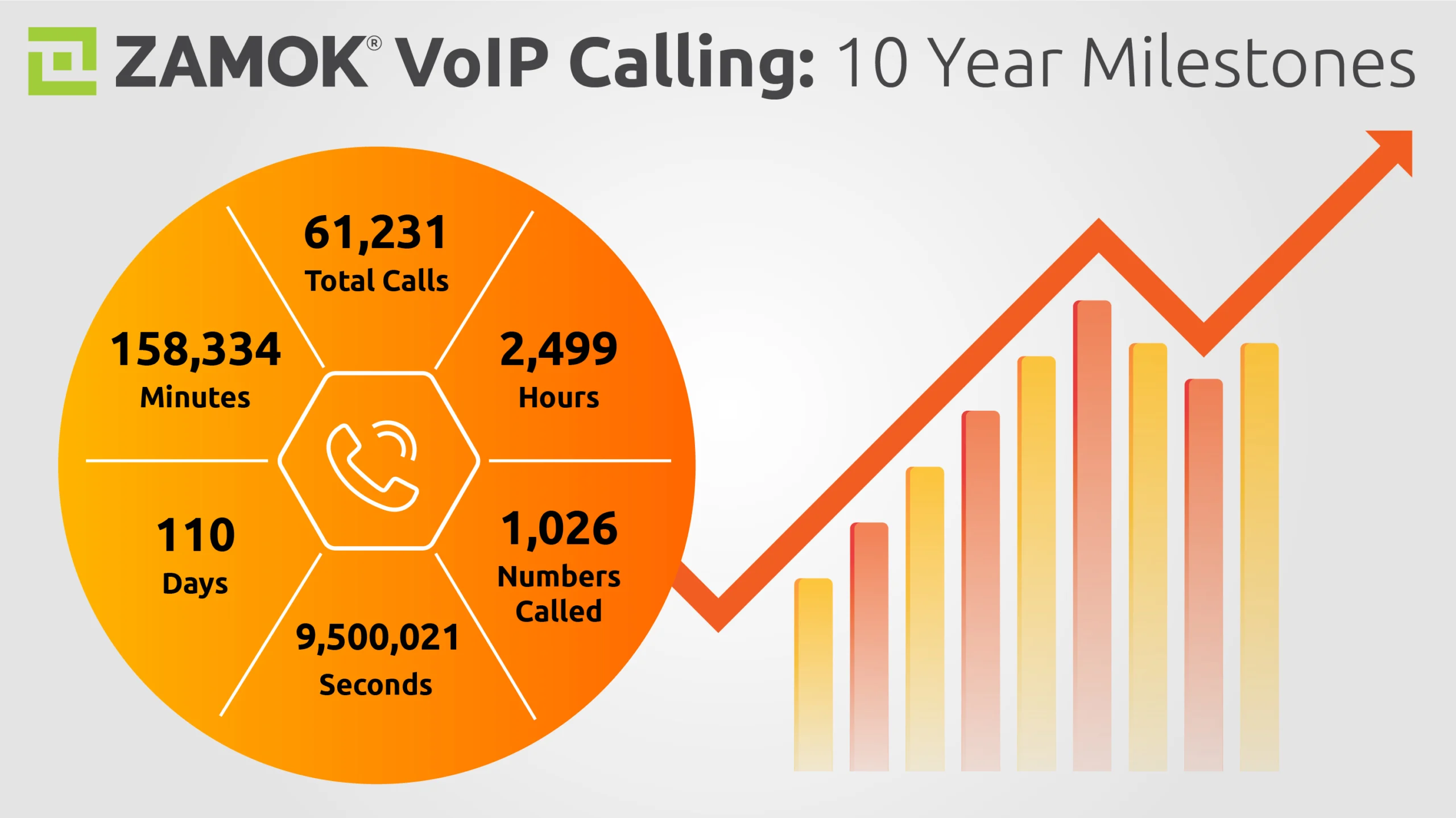
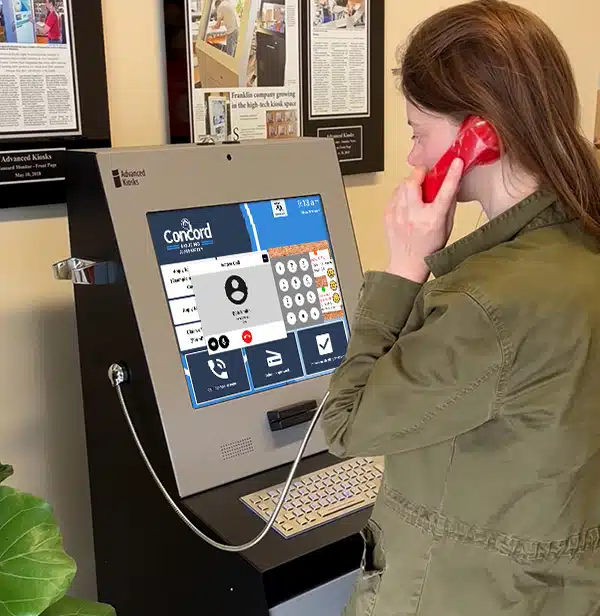

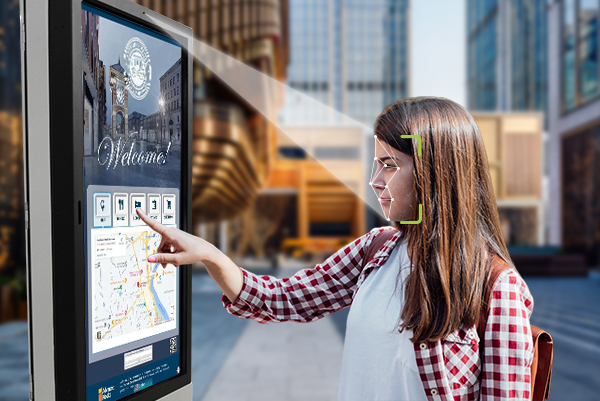

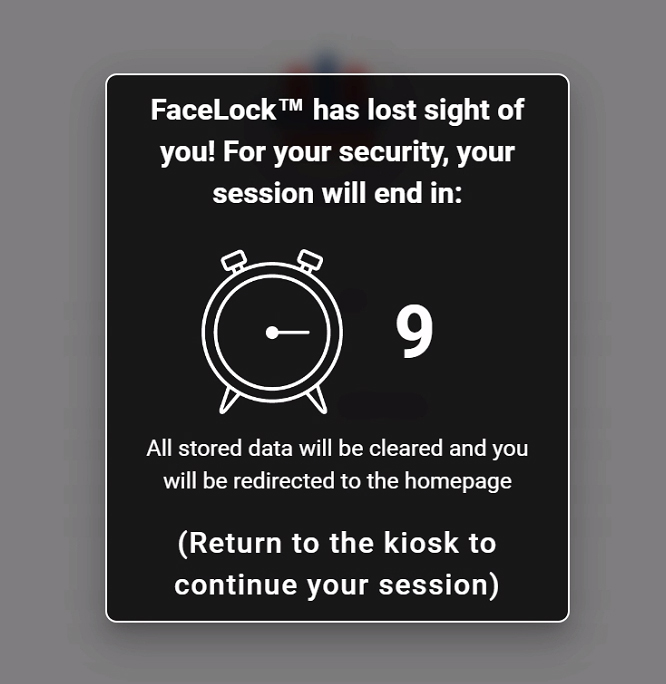
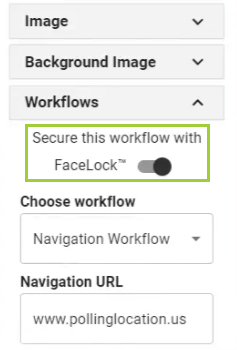 To activate FaceLock, administrators can easily attach it to specific buttons or workflows within the Zamok template editor. By toggling a switch in the template editor configuration pane, FaceLock can be enabled for the desired workflow, providing a seamless integration with the kiosk's existing functionality.
To activate FaceLock, administrators can easily attach it to specific buttons or workflows within the Zamok template editor. By toggling a switch in the template editor configuration pane, FaceLock can be enabled for the desired workflow, providing a seamless integration with the kiosk's existing functionality.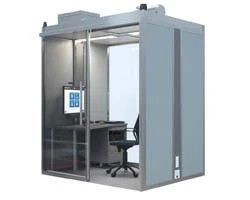 The main project was Advanced Kiosks’
The main project was Advanced Kiosks’ Government agencies use a company’s CPARS rating when considering future contract awards. Here are a few comments about Advanced Kiosks that were included in the evaluation:
Government agencies use a company’s CPARS rating when considering future contract awards. Here are a few comments about Advanced Kiosks that were included in the evaluation: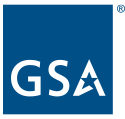

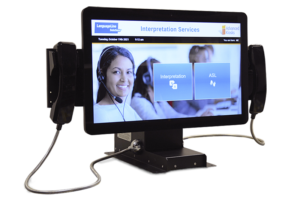 Having a convenient, cost-effective way to communicate with those who have a limited command of English can help improve education outcomes for students and provide a way for parents to better participate in their child’s education.
Having a convenient, cost-effective way to communicate with those who have a limited command of English can help improve education outcomes for students and provide a way for parents to better participate in their child’s education.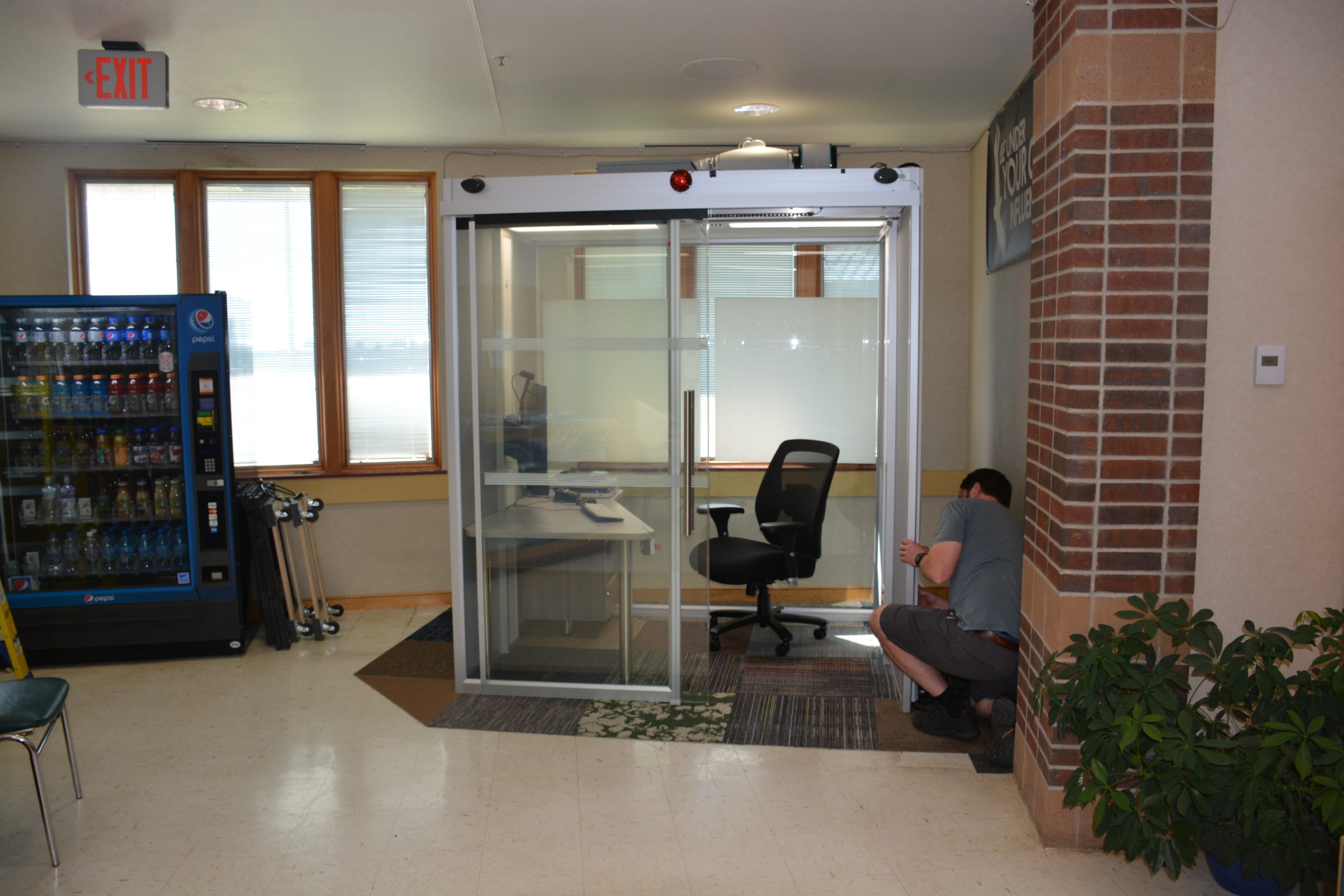



 On a regular basis,
On a regular basis,
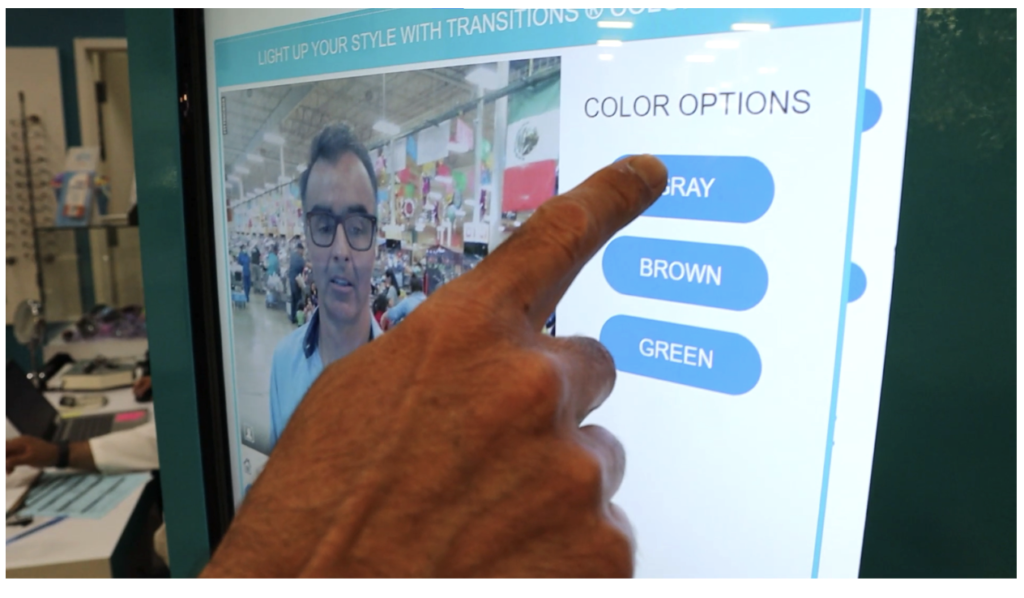

 In those cases, a desk and a chair will be required.
In those cases, a desk and a chair will be required.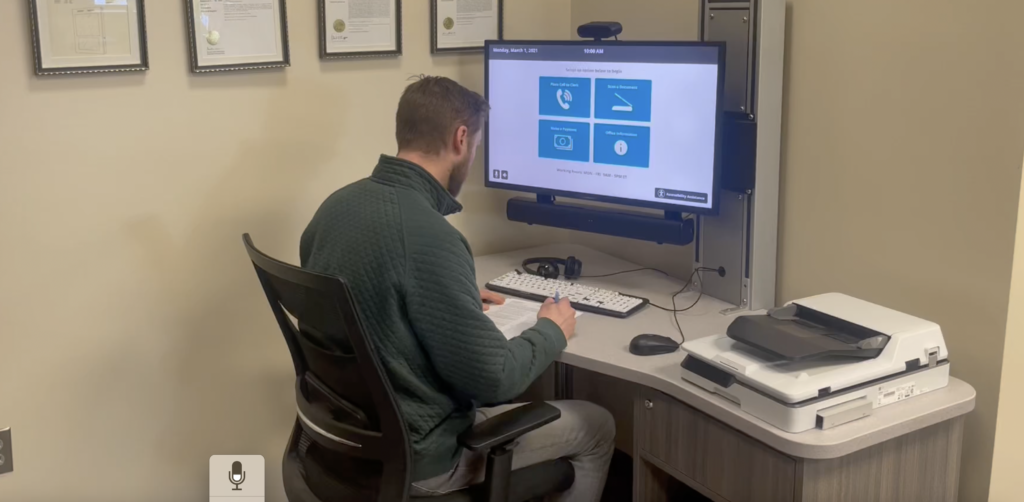
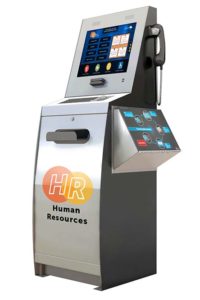 Advanced Kiosks’
Advanced Kiosks’ 